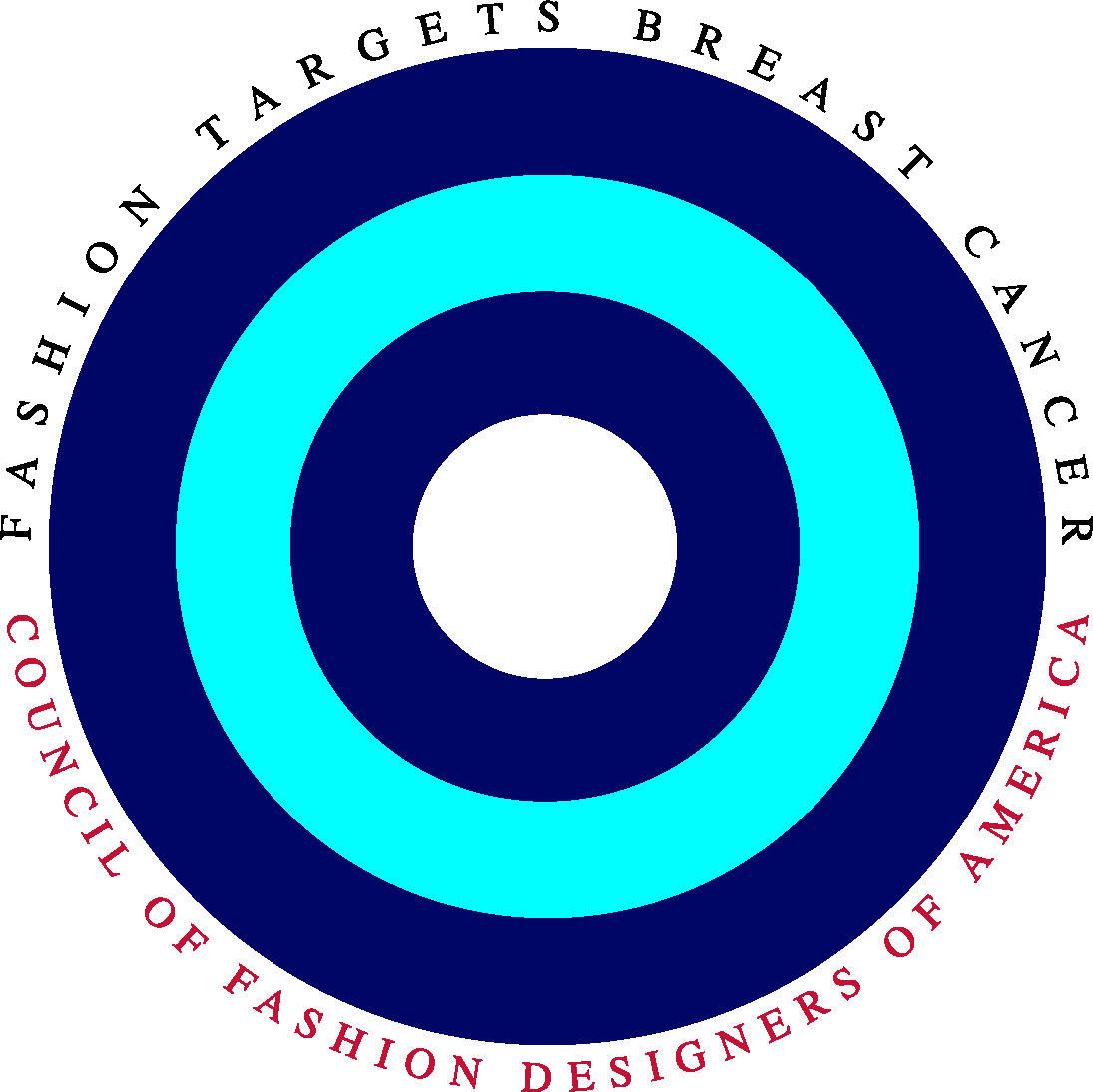In honor of Breast Cancer Awareness Month, CFDA sat down with Dr. Gina M.Villani, an oncologist at the Ralph Lauren Center for Cancer Care, one of Fashion Targets Breast Cancer’s longstanding grantees. Here, she shared her background and the ways in which Fashion Targets Breast Cancer, the initiative that was started by Ralph Lauren, has impacted the center.
Tell us about your background and the center.
I am a board certified medical oncologist, hematologist and internist and have developed a passion for working with underserved communities. After spending many years working within the New York City public hospital system, I recognized the disparities that exist in our current health care structure. I have been the CEO and Medical Director at the Ralph Lauren Center for Cancer Care since 2012, where my goal has been to expand the Center’s patient navigation model to ensure quality and comprehensive care for all.
The Ralph Lauren Center for Cancer Care (RLCCC) was founded in Harlem more than a decade ago with the nation’s leading cancer center, Memorial Sloan-Kettering Cancer Center in New York City, to fight a fundamental inequity in the American health care system: African Americans and Latinos, people in poverty and those without adequate health insurance die more frequently from cancer than others. Since its inception, the Ralph Lauren Center has cared for approximately 100,000 patients and 13,000 uninsured individuals from all five New York City boroughs. RLCCC is the only outpatient facility of its kind in Harlem, where its specialists make treatment possible for a wide range of cancers. The Center’s mission is to provide excellent, compassionate cancer prevention, diagnosis and treatment to all.
Where is the funding from Fashion Targets Breast Cancer specifically allocated?
Funding from Fashion Targets Breast Cancer directly supports our Breast Cancer Patient Navigation Program. Our breast cancer navigators work directly with patients for breast consultation, diagnostic testing, and on-site treatment of breast cancer. The navigation program complements the breast examinations and screenings we do for breast cancer; evaluations of abnormal mammograms; evaluations of breast masses or lumps; core needle biopsies; diagnoses of breast cancer; and surgical treatments for breast cancer.
How does the funding help serve the center’s patients?
We place tremendous emphasis on supporting a patient’s journey from the time of diagnosis through survivorship – what we call patient navigation. Funding makes sure we have the appropriate resources to provide the highest quality treatment and support services to our patients. We have a registered nurse, a licensed practical nurse, and a medical assistant dedicated specifically to breast health and breast cancer screening and treatment. Patients are assigned to two Navigators upon diagnosis: a Clinical Care Navigator who works to ensure the patient feels in control and has a full understanding of their medical treatment; and a Lay Navigator who helps the patient deal with personal issues, ranging from childcare and transportation, to nutrition, support groups and psychotherapy.
A Financial Patient Navigator works closely with patients to identify and eliminate financial barriers to care such as helping with expenses that insurance may not cover, and by providing a pro-bono lawyer for patients who have specific financial needs that require legal expertise.
An Outreach Navigator promotes and schedules cancer screening appointments for individuals in the community who agree to be tested at the center.
What are some tips for maintaining a healthy lifestyle?
Maintaining a healthy lifestyle can reduce one’s risk of getting cancer. Eating a healthy diet, avoiding tobacco, maintaining a healthy weight and being physically active are simple things we can practice to maintain a healthy lifestyle.
Eat plenty of fruits and vegetables; limit processed meats; and, if you choose to drink, do so in moderation.
Maintaining a healthy weight might lower the risk of various types of cancer. Physical activity, such as aerobic activity, is important to maintain a healthy lifestyle.
Cancer screening exams are medical tests done when you don’t have any signs of illness. They can help find cancer early, when the chances for successfully treating the disease are greatest.
What has been one of your most rewarding moments as an oncologist?
There really have been innumerable rewarding moments. I would say the most rewarding aspect of being an oncologist is that I get to be part of a patient’s life in a very intimate way. I get to meet their families, learn their concerns and fears, and have the honor of being part of their journey when they are at their most vulnerable. I am convinced that the personalized, caring, and comprehensive care we provide at the RLCCC enhances every patient’s quality of life, even if for some cases treatment does not amend the course of the disease.
How will the medical community continue to make strides in the fight against breast cancer?
I believe the medical community will continue to push to recognize that everyone deserves to have access to quality health care. While there are still many uninsured and underinsured Americans who lose the battle against breast cancer, the medical community has reached an understanding that health insurance and access to quality care can strengthen an individual’s fight against cancer. The Affordable Care Act has been an important step in this direction and I hope the medical community will continue to support ways to remove barriers to care that will increase a patient’s chances of fighting the disease.



